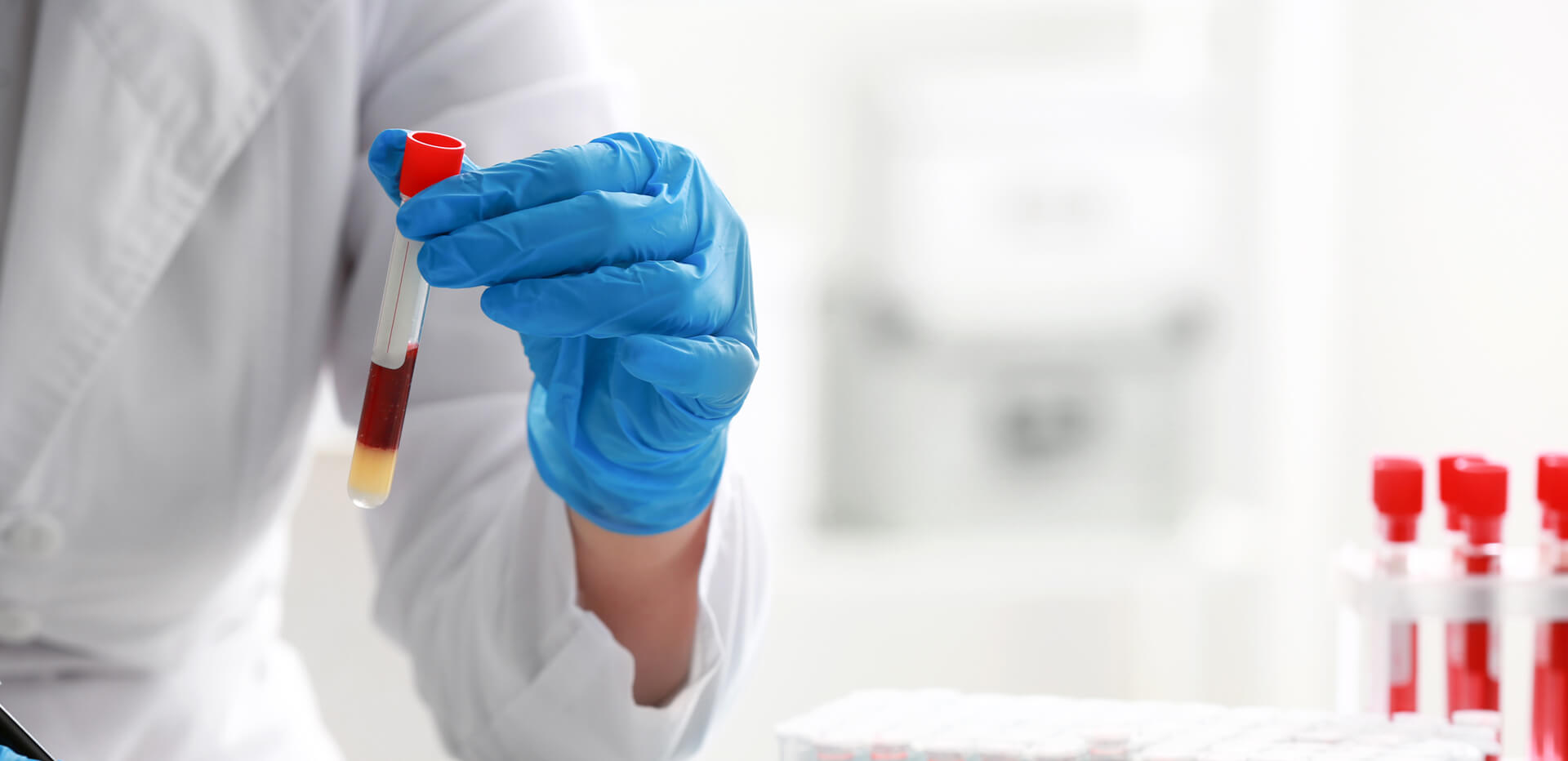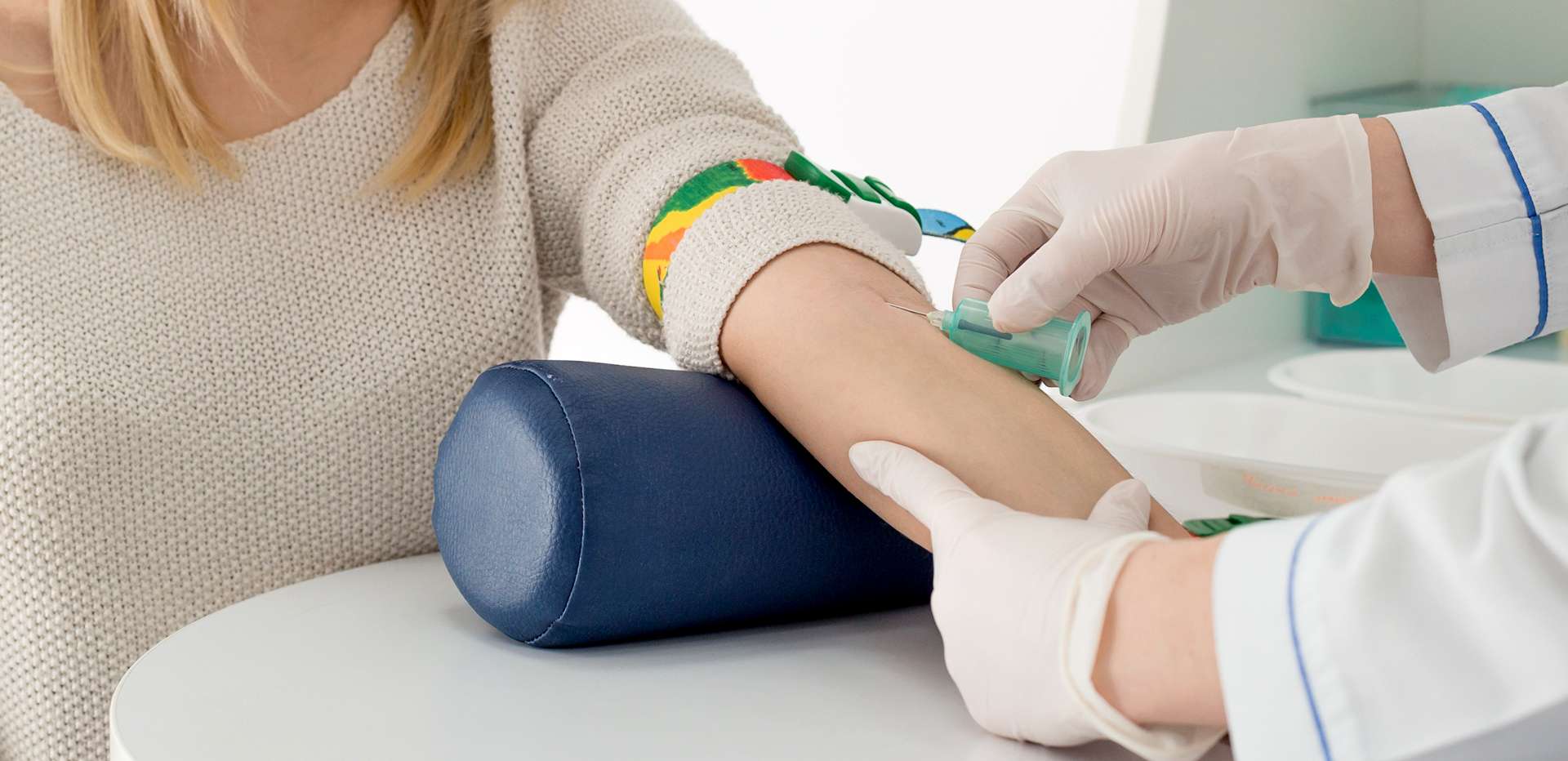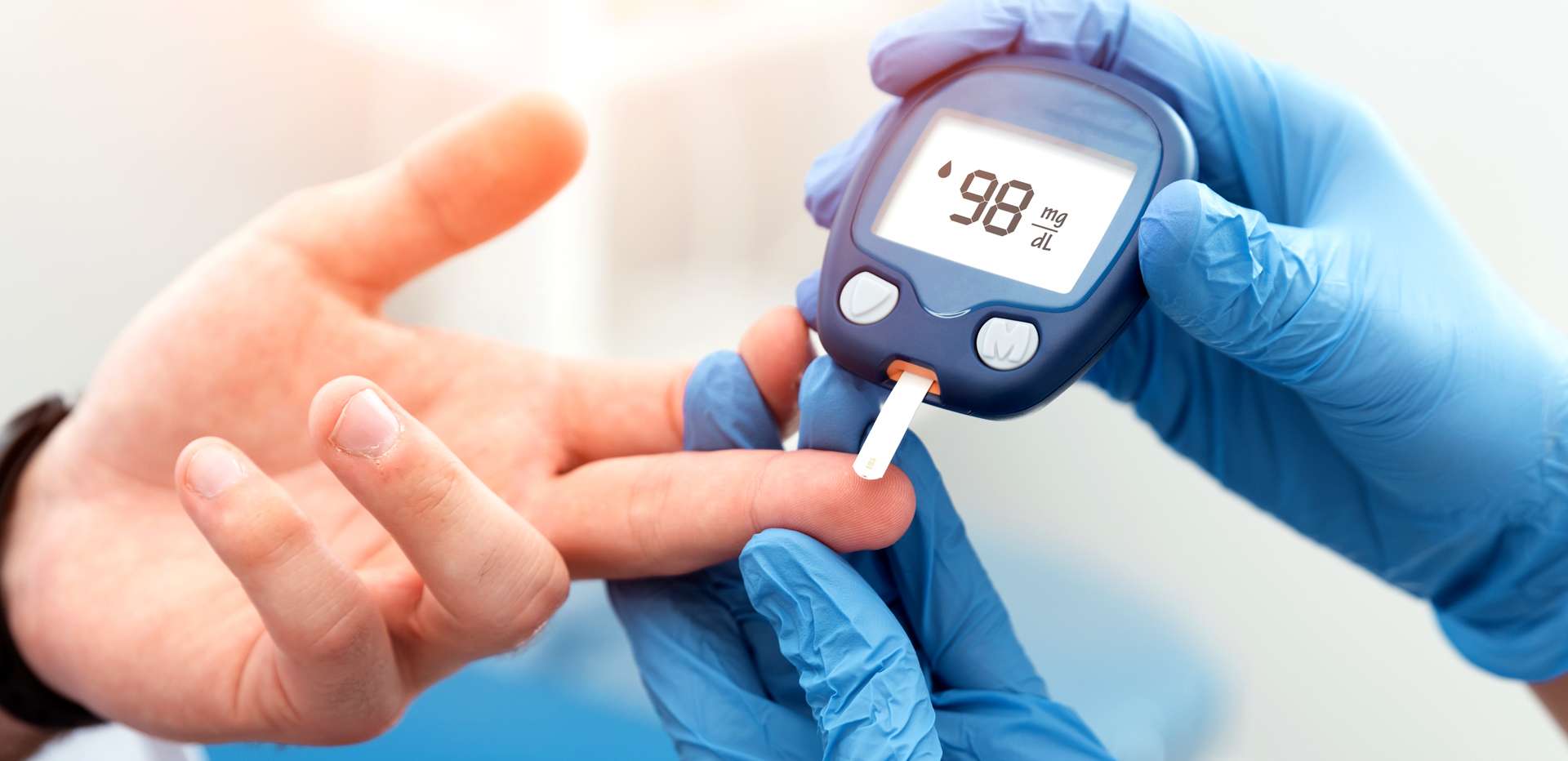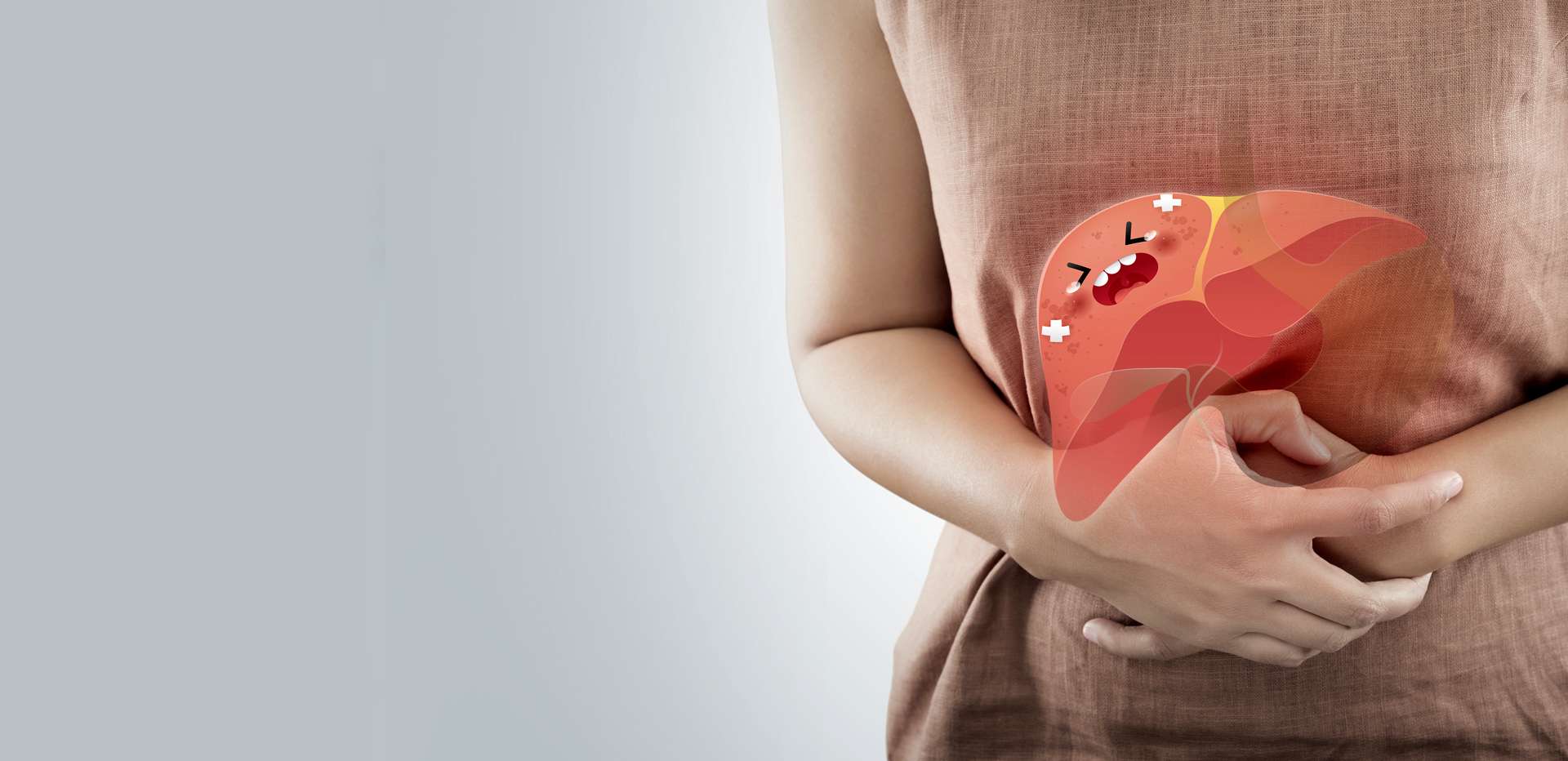Typhoid fever is a serious bacterial infection that can cause prolonged illness and severe complications if left untreated. While it is uncommon in the UK, individuals travelling to high-risk regions, such as parts of Asia, Africa, and South America, are more susceptible to infection. The disease is primarily transmitted through contaminated food and water, making it essential to take preventive measures before travelling.
Understanding the typhoid fever causes, recognising typhoid fever symptoms, and ensuring timely typhoid vaccination are crucial steps in preventing infection. This article outlines how typhoid spreads and the best ways to protect yourself.
How Do You Catch Typhoid Fever?
Typhoid fever is primarily contracted through the consumption of contaminated food or water. The bacteria responsible, Salmonella Typhi, spreads when hygiene and sanitation are poor. Here are the most common ways typhoid bacteria can enter your body:
- Contaminated Water: Drinking water polluted with human waste that carries typhoid bacteria is one of the main causes. This is especially common in areas with inadequate sanitation systems.
- Unsafe Food: Typhoid bacteria can survive in improperly cooked or contaminated food. Street food, raw vegetables, and unwashed fruits are common culprits.
- Direct Contact: Close contact with someone who is infected or recovering from typhoid fever can also spread the bacteria. This often happens in households or settings where proper hygiene practices are not followed.
What Are the Symptoms of Typhoid Fever?
Typhoid fever symptoms usually appear within 6–30 days after exposure. They can start mildly but may worsen if untreated. Key symptoms include:
- Persistent high fever
- Weakness and fatigue
- Abdominal pain and constipation or diarrhoea
- Headache
- Loss of appetite
- Rash (in some cases)
If you suspect typhoid fever, it’s crucial to seek medical advice immediately. Early treatment is vital to avoid complications.
Prevention: How to Protect Yourself from Typhoid Fever
Preventing typhoid fever involves good hygiene, careful food and water practices, and vaccination. Here’s what you can do to stay safe:
- Maintain Hygiene: Wash your hands frequently with soap and water, especially before eating or after using the toilet. Avoid touching your face or mouth with unwashed hands.
- Drink Safe Water: Stick to bottled or boiled water when travelling to high-risk areas. Avoid ice cubes unless they’re made from clean water.
- Eat Carefully: Only eat food that has been thoroughly cooked and is still hot. Peel fruits and vegetables yourself, and avoid raw salads.
- Get Typhoid Vaccination: Vaccination is one of the most effective ways to prevent typhoid fever. There are different types of vaccines available, including the Typhoid injection vaccine. While no vaccine provides 100% protection, it significantly reduces your risk. The typhoid vaccine duration of protection varies, so it’s important to check if you need a booster before travelling.
Typhoid Fever Treatment
If diagnosed with typhoid fever, treatment typically involves antibiotics to kill the bacteria. Rest, proper hydration, and a nutrient-rich diet are also essential for recovery. Severe cases may require hospitalisation. Early diagnosis ensures better outcomes, so don’t delay seeking medical help if symptoms develop.
Stay One Step Ahead of Typhoid
By taking these precautions, you can minimise your risk and focus on enjoying life without worrying about typhoid.
If you’re planning to travel to areas where typhoid fever is common, take proactive steps to protect yourself. Vaccination is an essential part of your travel health checklist. Not only does it protect you, but it also reduces the risk of spreading the disease to others.
Ensure your safety by getting vaccinated before travelling to high-risk areas or simply staying proactive about your health. Our expert healthcare team offers reliable advice and effective vaccination options, including the typhoid injection vaccine. Book your appointment today and take a vital step toward safeguarding yourself and your loved ones from typhoid fever.


























